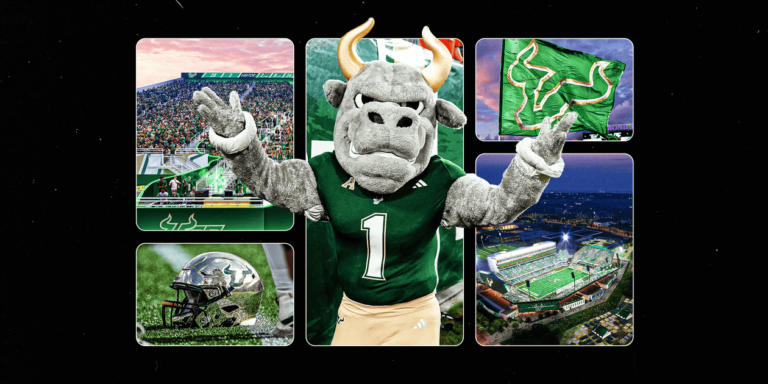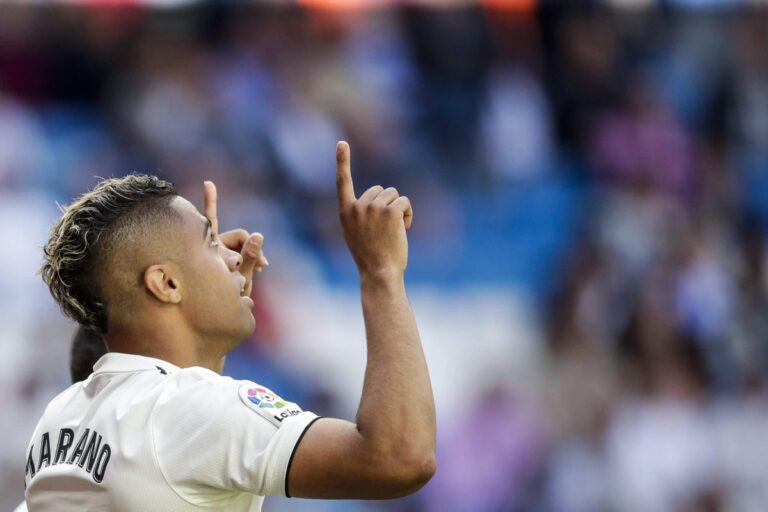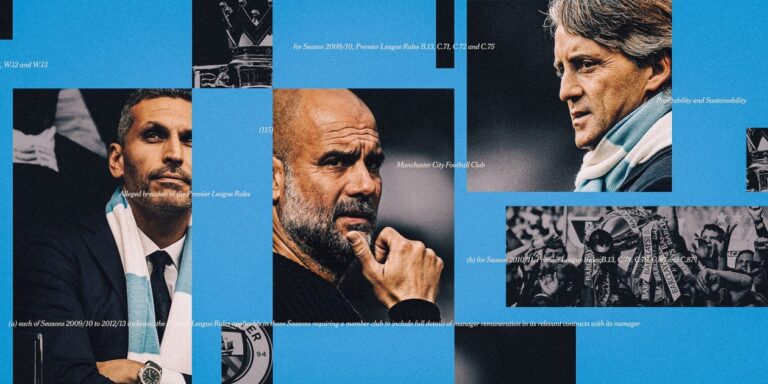Here is the result in plain text:
MARS, Pa. — It’s just after lunch on a snowy January day, and the math teacher in Room 222 is sketching Pascal’s triangle on the whiteboard.
Andy Bednar did not go to Cornell to teach advanced algebra. He went there to pitch for the baseball team, kick for the football team and study civil environmental engineering. But after spending his 20s sampling soil and groundwater around landfills, Andy, the son of a Pittsburgh steelworker, wanted a job that gave him more time with his kids. So he got his teaching certification and eventually landed this job at Mars Area High, teaching math and coaching Fightin’ Planets baseball and football. Colleagues tease him: “Think you overdid it with the Ivy League degree?”
Andy and his wife, Sue, still live in the ordinary two-story house they bought when they moved to Mars. Andy has taught in Room 222 since before his current students were born. He’s beloved in the math and science wing, a big guy with a grin and graying hair who peppers lessons on polynomial functions with corny jokes.
The classroom’s cinder-block walls are covered with college pennants, most of them gifts from former students away at school. But the pennants hanging in two columns behind Andy’s desk are different. Amarillo Sod Poodles. Fort Wayne Tincaps. Eugene Emeralds.
This is where Andy tracks his sons’ progression in pro baseball. His oldest, David, is the closer for the hometown Pittsburgh Pirates. His middle child, Will, is a former first-round pick pitching in the San Francisco Giants organization.
The boys and their younger sister, Danielle, a junior at Louisville, all took their dad’s class in high school. Back then, he was their teacher, coach and parent. He had a habit of delivering advice in a way his kids later termed “life talks.” Danielle would sense her father winding up and say, “Uh-oh. Life talk No. 256. Press play.” The kids got the crossroad talk — Will, you’re at a crossroad… — more times than they can count.
When it comes to baseball, Andy Bednar’s boys are at a crossroad.
David is coming off the worst year of his career. Following back-to-back All-Star seasons, he lost the closer’s role late last season when his ERA ballooned to 6.32. He’s 30 now. The life cycle of a relief pitcher is often brief.
Will, 24, was once a College World Series hero and a big-bonus draft pick. But he has been besieged by injuries and no longer appears on the Giants’ top 20 prospects or MLB.com’s list of their top 30. This winter, San Francisco left Will unprotected in the Rule 5 draft. Any team that believed he belonged on a major league roster could have taken him. None did.
What does a father say now?
No one saw David as a future major leaguer.
He dreamed of playing college ball, like his dad, but didn’t throw hard in high school. “I had to work extra hard for his recruiting,” says Andy, who constantly emailed college coaches about David. The few who responded said they wished there was more in the tank.
At a Cornell camp, David had his best day yet, hitting 88 mph and striking out batter after batter. Afterward, Andy heard his alma mater’s pitching coach deliver a deflating verdict: “I think that fastball is a little flat.”
… (more text continues)
Source link




